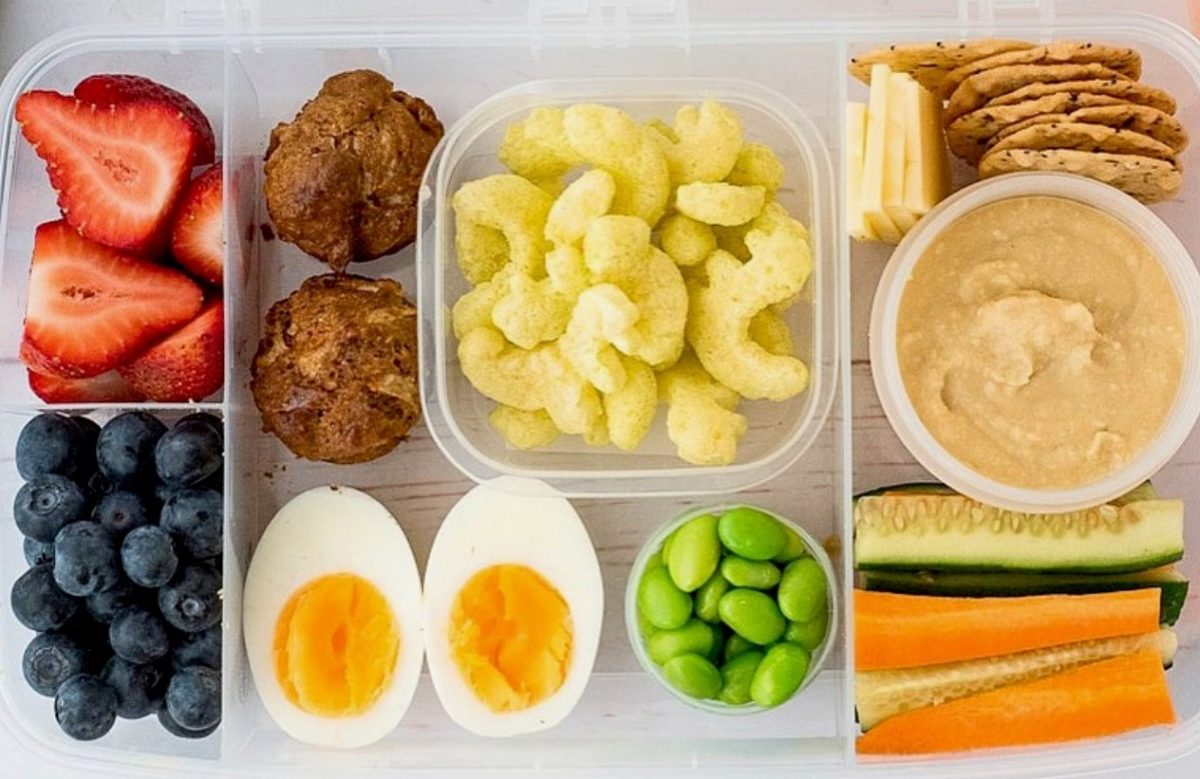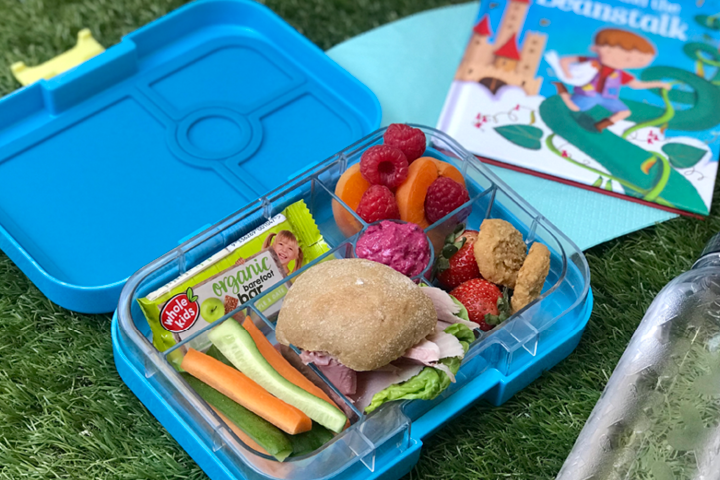Most people, particularly families with young children are busier than ever, with work, school and social activities. With this constant pressure, we often become so overwhelmed that we can actually lose sight of the basic and very important opportunities to spend time with family. In particular around daily interactions like meal times.
The importance of family meal times
The family meal around the table can bring lots of benefits to the entire family and to the individuals within the family unit especially the children. Sitting down to a meal as a family provides the opportunity to have an influence over both long and short-term family health. Sitting together around the table over a meal as a group communicating, offering emotional support and generally interacting in a social setting, helps children establish resilience and the ability to cope with the demands of life as we know it now and in the future.
This time together allows for members to talk and listen to each other and offers a golden opportunity to establish a very strong and powerful bonding experience. It is especially important to be attentive and offer undivided attention to all during this time. During this small opportunity, it is also very important to turn all modern technology off and out of site in order to be engaging together as a group within the moment.
Sometimes doing something as ordinary as sitting around a table and sharing food can bring about some amazing discoveries and conversations. Listening to your children, hearing their thoughts and worries (if any), lets them know you are there for them. Children can sometimes feel that their parents are not that interested in them when they spend more time on technology instead of just listening to them in that moment.
5 tips to encourage positive mealtimes during the course of the week:
1. Meal times are not limited to dinner time they can include lunch or breakfast on the weekends as well. Create a ritual for the family that will become a family tradition like Friday night dinner or Sunday breakfasts. These times can be more convenient as families may have more time to be relaxed and not rushed.
2. Plan for the minimum of three meals per week over the seven days. This is recommended as the minimum according to the research around about the benefits of meal times for the family.
3. Clear the clutter off the table and make it an inviting space for the meal. Involve the children in taking responsibility in setting the table and when they are old enough, to help prepare the meal.
4. Plan meals ahead and involve the children in the decision about what dishes could be on the menu. Making sure the right ingredients are readily available for whatever you have planned for the week also makes it easier to cook them. Choose meals that you can prepare in advance for the nights that you know you will have limited time.
5. Whether you are at home or out and about, make a conscience decision to be ‘present’ at the mealtime and engage with your children. The benefits of any small moment of time can have long lasting positive influences on your child’s mental and physical health. Children model adult behaviour and if they see you eating and engaging positively with them and others they will carry this into their own lives.
How to get rid of technology at meal times
Modern technology is a huge challenge for us all and disconnecting from social media is a very difficult and real issue even during a meal. Work schedules and after school activities provide more reasons for lack of time to sit at the table for a meal. Convenience and fast food then become a temptation for quick and easy meals around the TV or on the run between other commitments.
The most important thing is to disconnect from technology during mealtimes and connect with each other as a family. Children’s behaviour often is a mirror of what they see significant adults particularly parents do. Often you see a reflection of your behaviour when children act out and mimic what they see adults doing and their behaviour around such things as tv and other forms of technology.
When children (and adults as well) are focussed on technology while eating they will be consumed by their focus on the screen and not the human interaction, let alone the food they are eating. It is important for children to be given opportunities to develop skills to feed themselves, interact in a social setting and understand the importance of healthy eating and as parents it is up to us to set an example and provide as a positive experience.
5 suggestions for managing modern technology and mealtimes:
1. Set an example. Have a look at your own screen time habits and what your children are seeing what you think is acceptable behaviour from yourself.
2. Make rules for technology in the house. Include the children in this discussion about when, what and how this is acceptable. Some rules you may decide are not negotiable like no phones or tablets at the table during mealtimes. This would be a rule that is not negotiable for everyone; including adults! It is important to make this a positive rule and not punitive or negative in tone. Your aim is to have a healthy view to phone/tablet use.
3. Designate a box, drawer or basket for phones at home for everyone to relinquish their technology for the mealtime. Turn phones off or onto silent.
4. In the case of going out to a restaurant the same rules apply. Maybe even leave phones and tablets at home and just enjoy the experience of connecting with each other; concentrating on the social setting during the mealtime.
5. Offer healthy alternatives to the use of technology like after dinner board games, going for a walk or reading. Use technology wisely and respect the time you may sit and watch a movie together as a special activity which you will all enjoy.
It would be interesting to ask the children and yourselves how you all felt about the nights having mealtimes without screen time compared to the nights with screen time. Children like to know that their parents are listening to them, that they are there for them and this allows them to feel safe and secure within their home environment.
Modelling positive behaviours to your children starts with yourselves and sometimes we don’t even know we are checking our phones/tablets or even turning the TV on as it becomes an unconscious habit. Set about being intentional in the time you spend with your children at mealtimes and you will find that not only will they gain healthier eating habits, but your relationship with them will become more productive and positive.
About the Author:
Sarah Meldrum is an advisor to Whole Kids. A Mothercraft nurse with a Post Graduate degree in Pre and Post-natal Support, as well as a Master’s degree in Infant Mental Health. Sarah has over 30 years’ experience in family daycare, in home care, children’s protection and mother baby unit (sleep school). With two children of her own Sarah’s approach focuses mainly on developing the parent-child relationship, empowering parents and children and providing a safe and secure environment for both parents and children to thrive.












